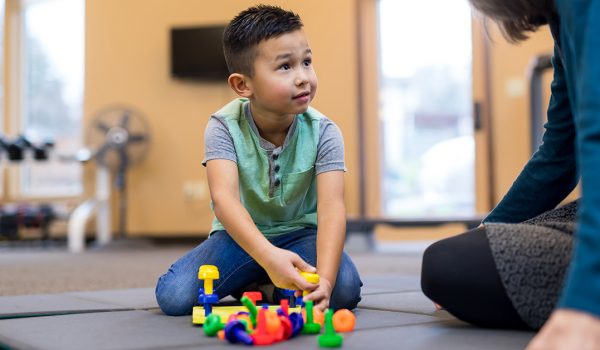
While it may look like an ordinary playtime, play therapy can be much more than that.
A trained therapist can use playtime to observe and gain insights into a child’s problems. The therapist can then help the child explore emotions and deal with unresolved trauma. Through play, children can learn new coping mechanisms and how to redirect inappropriate behaviors.
Play therapy is practiced by a variety of licensed mental health professionals, like psychologists and psychiatrists. It’s also practiced by behavioral and occupational therapists, physical therapists, and social workers.
While some children might start off with some hesitation, trust in the therapist tends to grow. As they become more comfortable and their bond strengthens, the child may become more creative or more verbal in their play.
If your child has a diagnosed mental or physical illness, play therapy doesn’t replace medications or any other necessary treatments. Play therapy can be used alone or alongside other therapies.
